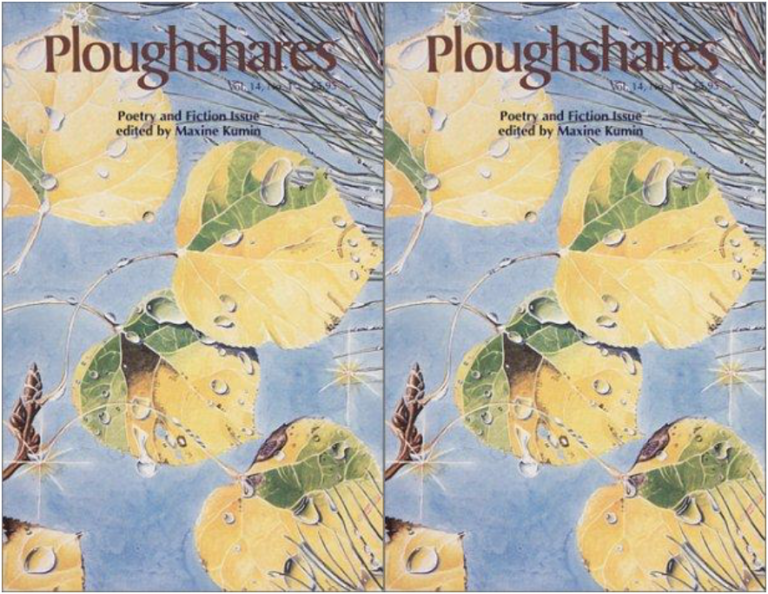Blurbese: “funny”
Book reviewers’ relationship with the word “funny” is, well—a little funny. I’m somewhat sympathetic about this one, too, at least when it comes to novels that are deliberately comic, because it’s tough to review authors whose reputation is based entirely on humor. What, after all, can the word “funny” really say about a book by Jasper Fforde or Tom Holt or Christopher Moore or Douglas Adams? Of course they’re funny—that’s the point.
Instead, reviewers are forced into an ever-escalating arms race of adjectival madness when reviewing books like these: they’re comic, they’re zany, they’re madcap, they’re witty, they’re screwball, they’re hilarious … You get the idea.
The problem is—as if to afford themselves some psychic release for all the books they can’t call funny—book reviewers end up using the damn word in all sorts of other situations where it doesn’t mean “funny” at all.
The New York Times Book Review from two weeks ago contained no less than three examples. Exhibit A: Sylvia Brownrigg’s review of Carol Anshaw’s A Wedding and a Funeral, in which “the lives of a group of friends are altered by a fatal accident.” The book, according to Brownrigg, is
a funny, smart and closely observed story… The narrative is warmed throughout by Anshaw’s humor, whether she’s poking gentle fun at pious Carmen or commenting on changes in lesbian mores… Anshaw is equally sharp on the perils of post-divorce dating, as when Carmen and Alice take an evening course on Proust.
To be clear, I don’t doubt that Anshaw intends these things to provoke a chuckle, in a “gosh, honey, this Roz Chast cartoon in the latest New Yorker is so wicked I almost dropped my chardonnay” kind of way. Nor do I judge Brownrigg for succumbing. The same goes for Adam Levin’s new collection Hot Pink, in which, according to reviewer Peter Orner,
There’s also a brief, funny story about a group of old men poolside in Florida, talking about their dead wives.
Hilarious!
I’m being difficult, of course, and I know the “funny” in these books is a different creature than the stuff you’ll find in Jasper Fforde. As Daniel Asa Rose puts it in the third of the Times’ offenders—a review of Alex Gilvarry’s From the Memoirs of a Non-Enemy Combatant—“the humor… is nothing to laugh at.” Rather, these books are using funniness to make a serious point.
I appreciate the sentiment: juxtaposing jokes with horror is a rich rhetorical tradition, and one that’s often been used successfully. But I’m troubled that “funny,” in book reviews, seems more and more to mean “funny, and intellectual.” There’s something condescending about reserving the word for literary novels containing brief sections amusing only to a tiny slice of the population—viz. divorcees dating in a Proust class—when the novels that pull off the far more impressive feat of maintaining a consistent and broader funny voice throughout, often while doing “serious” work that’s just as impressive, get so facilely dismissed as “zany” or “madcap.”
What book reviewers seem to be saying is: if you write serious fiction you can be funny, but if you write funny fiction you can’t ever be serious. And that’s something we really shouldn’t laugh off.


